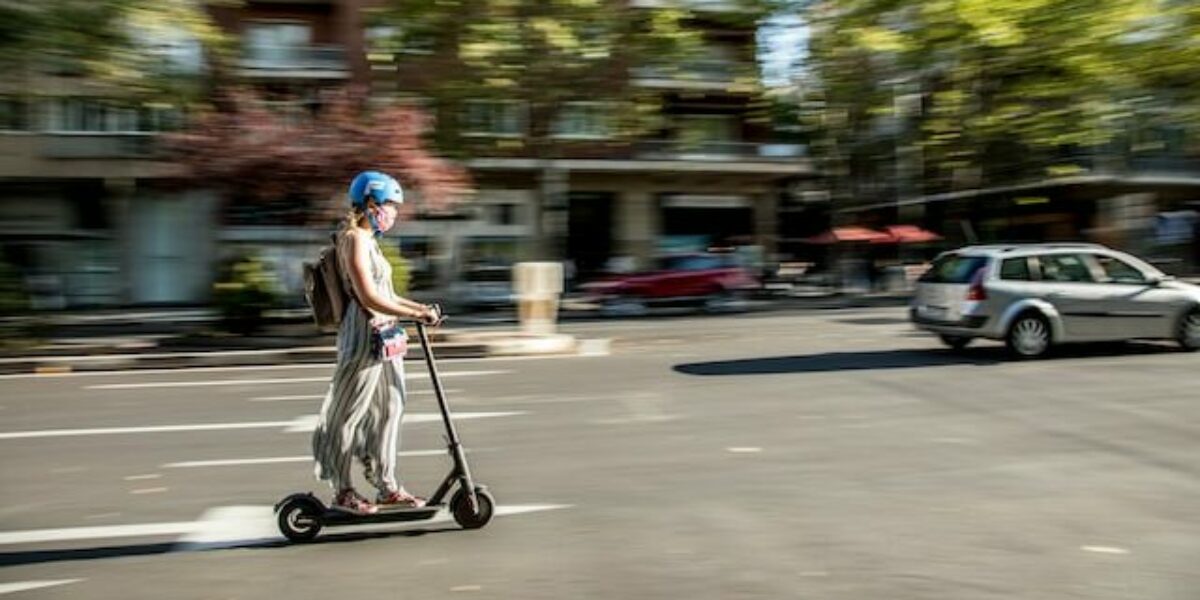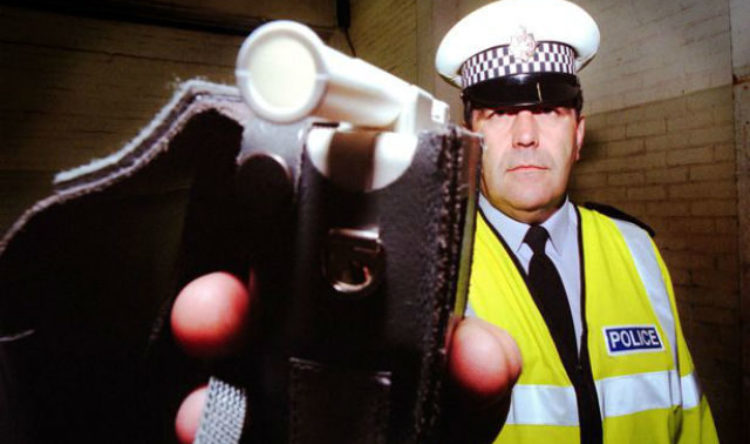E-scooters need regulating
Demands on the government to control e-scooters as injury numbers rise
The Prime Minister has been sent a letter demanding urgent action on regulation of e-scooters.
It has been signed by more than 50 organisations, including environmental charities and campaigners, local authorities, disabled people’s organisations, micromobility operators and retailers.
Not only are they are all warning that the UK is at risk of falling behind the rest of Europe, but that currently the situation is a free for all situation lacking regulations or enforcement,
Legal representation
Rental e-scooters are currently only legally allowed to be used in public through Government trials. These are taking place in around 23 towns and cities around England. It is illegal to use private e-scooters on public roads or public spaces. However, they are readily available to purchase everywhere without any conditions. It means all ages of risers, from under 10 years of age through to commuters are currently using the new transport phenomena. However, there are no safety guidelines, rules or protection for riders and the public in general.
The UK is the only developed nation without either permanently legal e-scooters or committed plans to legalise.
United demands
Now Collaborative Mobility UK (CoMoUK) is bringing together public, private and third sector organisations to support shared transport.
The letter, on behalf of more than 50 organisations, is calling on Rishi Sunak to press ahead with legislation to create a new powered light vehicle class that would make e-scooters legal. Not only would it bring the transport within the legal framework, it would provide guidance for road safety and protection of the public and the riders.
Signatories include the Campaign for Better Transport, Clean Cities Campaign, London Cycling Campaign, Major Trauma Group, Northamptonshire Police, Pure Electric, Southampton Sight, Sustrans, Thomas Pocklington Trust, Transport Action Network, Urban Transport Group and Women in Transport.
Local authorities are also involved. They include Essex County Council, Milton Keynes City Council, North Northamptonshire Council, Somerset Council, West Northamptonshire Council and West Yorkshire Combined Authority.
It is also signed by micromobility operators Voi, Beryl, Dott, Ginger, Lime, Superpedestrian, Tier and Zwings.
On trial
The letter says: “Currently e-scooter trials are due to end after May 2024. These trials are ingrained into local transport systems enabling thousands of people to get to work, higher education and to run errands.
“Yet there is no certainty of these trials beyond spring next year nor the ability of additional towns or cities to introduce these services.
“This lack of certainty combined with the fact an estimated 750,000 privately owned and unregulated e-scooters are on UK roads underscores the importance of e-scooter legislation being included in this year’s King’s Speech.
“Another extension to shared e-scooters does not address private e-scooters. These private vehicles are unlikely to undergo regular maintenance by trained professionals or have government-mandated safety features.
“Private e-scooters can cause concern for road users particularly disabled people in addition to potentially being unsafe for riders, however, this is where legislation and regulation can make a positive difference.”
It added: “The Clean Cities Campaign has recently found that UK cities are lagging well behind other European cities in the rollout of shared and zero-emissions transport including e-scooters.
“Major shared transport operators stand ready to continue investing and improving transport across UK towns and cities, however, they require long-term certainty that would only come with legislation.”
Public call for clarity
An independent poll found recently that more than 80% of the general public are supportive of new regulatory measures for e-scooters. Over 70% want them introduced before the next General Election, which is most likely to be held next year.
Richard Dilks, chief executive of Collaborative Mobility UK (CoMoUK), said: “The evidence from the trials is that e-scooters are incredibly popular, with huge demand from users, and the UK has been left as an international outlier by not introducing permanent legality.
“To address the crisis levels of transport emissions in the UK and help people save money amid the cost-of-living crisis, the government can’t delay any further.”
Questions exits as to whether they should be licensed, MoT’d, age limits, where they can be used (roads, pavements, parks etc), speed limits, rider training , insurance and so forth.
Growing carnage
There were 1,349 collisions involving e-scooters, compared to 978 in the year ending June 2021, new data for the year ending June 2022 suggests.
Of all collisions involving e-scooters, 346 included only one e-scooter with no other vehicles involved in the collision (single vehicle collision), compared to 200 in the year ending June 2021.
Overall, there were 1,437 casualties in collisions involving e-scooters, compared to 1,033 in the year ending June 2021.
Of all casualties in collisions involving e-scooters, 1,095 were e-scooter users, compared to 811 in the year ending June 2021.
Tragically, 12 people were killed in collisions involving e-scooters (11 of whom were e-scooter riders) compared to four in the year ending June 2021.
The DfT’s best estimate, after adjusting for changes in reporting by police, is that there were 429 seriously injured and 996 slightly injured casualties in collisions involving e-scooters, compared to 288 and 741 respectively in the year ending June 2021.
The three most common type of injuries sustained in collisions involving e-scooters (to the e-scooter users or others) are all of slight severity.
However, the fourth, fifth and sixth most common type of injuries are different type of fractures and head injures which are considered as serious injuries.






